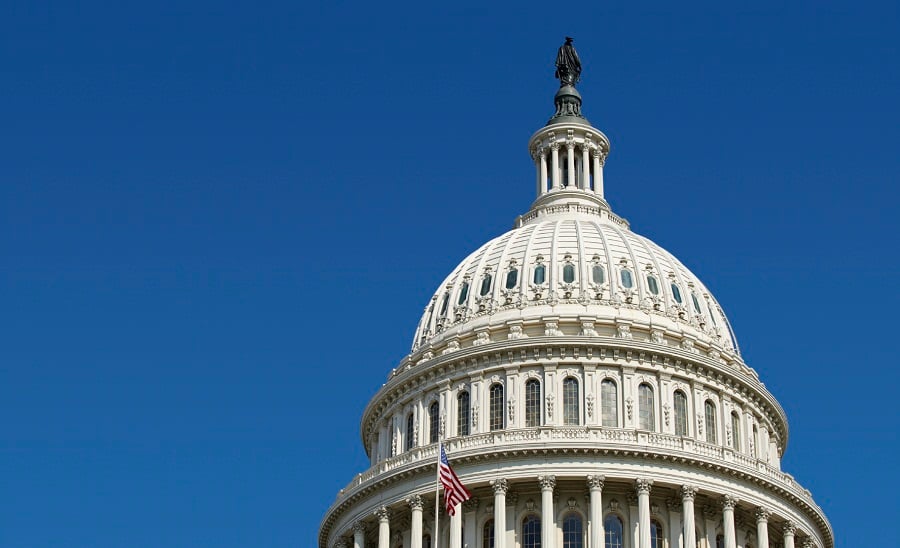New legislation that would prohibit mandatory arbitration for customer disputes involving investments could raise the profile of the issue with the public and decision makers.
Sen. Sherrod Brown, D-Ohio, ranking member of the Senate Banking Committee, introduced last Friday the
Arbitration Fairness for Consumers Act, which would end pre-dispute arbitration agreements that are part of almost every brokerage contract and
many investment-adviser contracts.
Mr. Brown is primarily focused on student loans, credit card agreements and employment contracts, but his bill also would apply to the
arbitration system for broker-customer disputes run by the Financial Industry Regulatory Authority Inc. as well as to the American Association of Arbitration system that most investment adviser clients use.
Another bill was introduced earlier last week in the House and Senate, the Forced Arbitration Injustice Repeal Act, that is broader in scope than Mr. Brown's bill and would amend the Federal Arbitration Act. It also would affect Finra arbitration and that of investment advisers.
The legislative activity was welcomed by the Public Investors Arbitration Bar Association, which has long been a critic of mandatory arbitration. The group asserts that customers should have the option of arbitration or the courts when filing claims against financial professionals.
"It's certainly positive that we've got a number of arbitration bills being introduced right now covering a wide range of dispute resolution," said PIABA president Christine Lazaro, who also is a law professor at St. John's University. "We're supportive of investor choice."
A Finra spokesperson was not immediately available to comment.
But the arbitration legislation must navigate difficult terrain on Capitol Hill, where Democrats control the House and Republicans hold the majority in the Senate. It's likely the GOP will resist arbitration reform.
"In my view, neither of these bills is going to get enacted," said George Friedman, former director of Finra arbitration. "They will pass the House. I expect they will die in the Senate."
Ms. Lazaro is a bit more optimistic.
"Protecting consumer rights shouldn't be a partisan issue," she said.
But Finra and Securities and Exchange Commission officials may be summoned to Congress to testify on the bills — or on Finra arbitration generally. The Dodd-Frank financial reform law gave the SEC authority to end mandatory arbitration, but the agency hasn't taken up the issue.
"It's not going to be smooth sailing for Finra or the SEC," said Mr. Friedman, an adjunct professor of law at Fordham University. "The commission may feel some pressure to take a look at arbitration given that Dodd-Frank authorizes it to study the process."
Democrats like Mr. Brown, a potential presidential candidate, may be playing a long game on arbitration. In recent rulings, the Supreme Court has upheld arbitration rights.
Mr. Brown's bill "faces an uphill climb legislatively, but it sets the table for an important election-year issue in 2020," said Andrew Stoltmann, a Chicago securities attorney and PIABA board member. "And if we get a Democratic president, there's a real chance this legislation or similar legislation could end mandatory arbitration."







